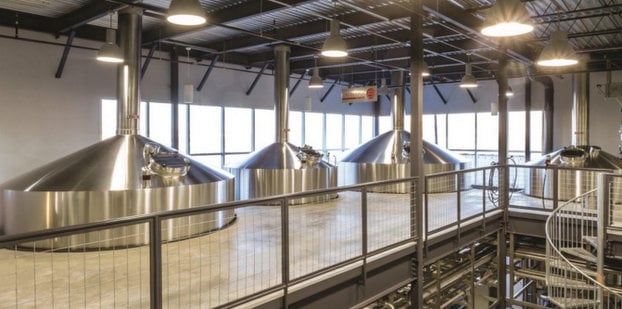
Sure, figuring out how to manage success might sound like one of those good problems to have, but it is still a problem. A misguided expansion plan could undermine all of the other prudent decisions that came beforehand. Often, the problem growing breweries run into is under-doing it. We understand you want to be prudent in your decisions, but facility space will be your friends.
Don’t just think about right now or your next goal or two, really think about what you can become in the long run. If you are brewing 1,000 barrels (bbls) and want to go to 2,500 bbls, that’s a good goal, but think about doubling that — even if in this moment in time you can’t even fathom doubling capacity. Things can change, and they can change in a hurry.
The idea is to use a business planning mindset and apply it to the physical piece of property: To make this much beer, you need this much money, so can you take X percent of that and build a new building or buy the property next door and expand on that? But what if you make six brands and one all of a sudden doubles and you need it twice as often? Do you need another brew kettle? What’s the plan?
RELATED: Contract brewing vs. in-house brewing
For brewers ramping up from a brewpub to a production brewery, be wary of ”easy move-in” properties. Have someone who is experienced in both the brewing process and in commercial buildings help you evaluate your options. For brewers moving from a production brewery to a larger facility, pay close attention to the size of the property and remember your expansion potential. Don’t set yourself up to be squeezed down the road.
But obviously, simply buying a larger facility is easier said than done considering the stakes. For example, consider Greenbush Brewery Co. in Sawyer, Mich., which planned on opening a production facility in a building it leased behind its beer garden. The problem, of course, was realizing it would quickly outgrow that facility. So, the right call would be to find a larger facility, right? Well… (from MiBiz):
Greenbush’s other option was to seek out a larger site to build a production facility, yet Sullivan wasn’t fully sold on taking on a substantial debt load or selling a large portion of shares in his business to raise the capital necessary to expand.
“I realized we were going to get landlocked really quickly and so putting all the capital investment into that (initial) location didn’t make sense,” [co-owner Scott] Sullivan told MiBiz. “When we stopped and backed up, we said we have to find a new spot and buy acreage and put up a big building. But then you put all that kind of money into something and then you have this huge debt load. I am not comfortable taking that sort of debt risk.”
Well, so now what? Luckily, there are alternative options that allow for a scaling up over time without taking that official plunge into a new facility. The solution the team chose that really fit its goals was an alternating proprietorship with Brew Detroit. This arrangement allows brewers to rent equipment from a host brewery to produce their beer. It differs from contract brewing in that brewers remain in control of their own product, employees, QA processes, etc., the entire time.
From MiBiz:
For Greenbush, which produces just under 10,000 barrels of beer annually, the agreement represents the best of both worlds. The brewery can scale-up its capacity to enter new markets, while banking cash to eventually invest in its own production facility — something Sullivan plans to do in about two and a half years, he said.
“We have to brew a lot of beer to try to keep up with what our situation was in the first five years,” Sullivan said. “Because of that, we were never able to open the Meijer chain or Spartan Stores because we were just so limited. Now, we’re able to put a bunch more beer on the street and the margin is still good on it. It allows us to bank money and sit back and decide how big a system we might want to eventually put in for ourselves and build capital.”
Brew Detroit is a contract brewer in the area that is starting to now see more and more breweries looking for alternating proprietorships instead, which works out for them to in terms of tax liabilities. Head to MiBiz to get the full details on this particular story, and then for more expansion planning insight, check out this feature on managing cash flow during a brewery expansion.

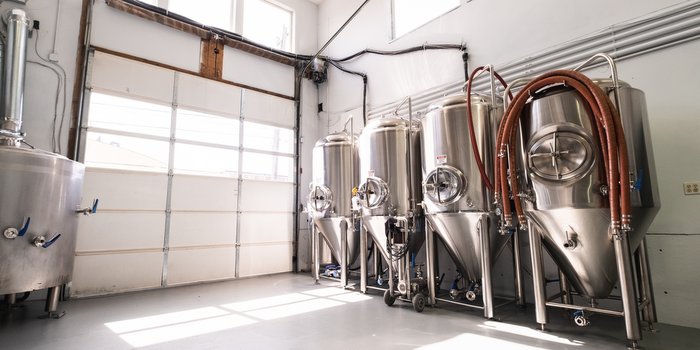
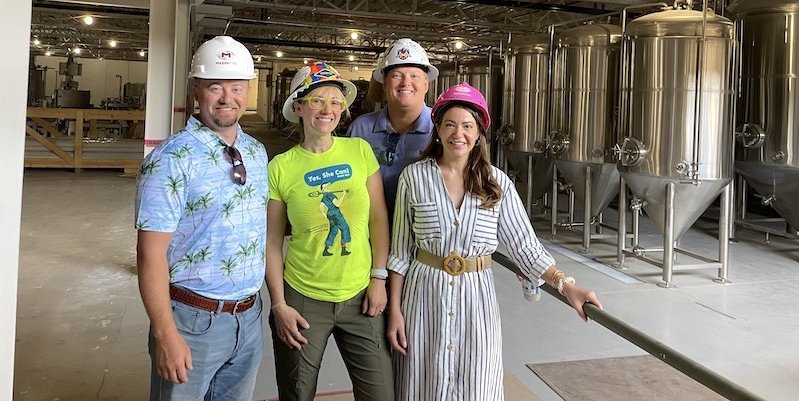
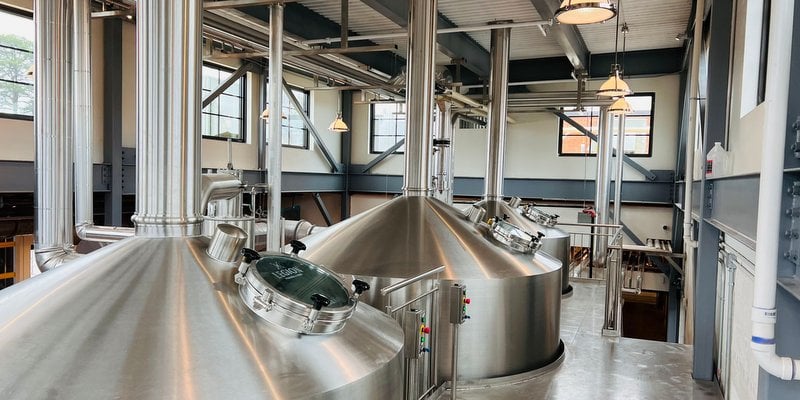
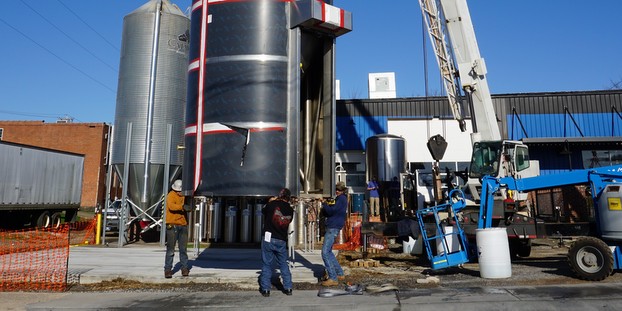
RT @crsimp01: Brewery expansion: Greenbush Brewery chooses alternating proprietorship over larger facility https://t.co/Mfv8raDHVU via @cra…
Art Smith liked this on Facebook.
Shawn Baer liked this on Facebook.
Jared Read liked this on Facebook.
Brewery expansion: Greenbush Brewery chooses alternating proprietorship over larger facility https://t.co/Mfv8raDHVU via @craftbrewingbiz
#CraftBeer #CraftBrewing #Beer #BeerBiz Brewery expansion planning: Greenbush Brewery chooses alternating propr… https://t.co/K0yvcNWVOq